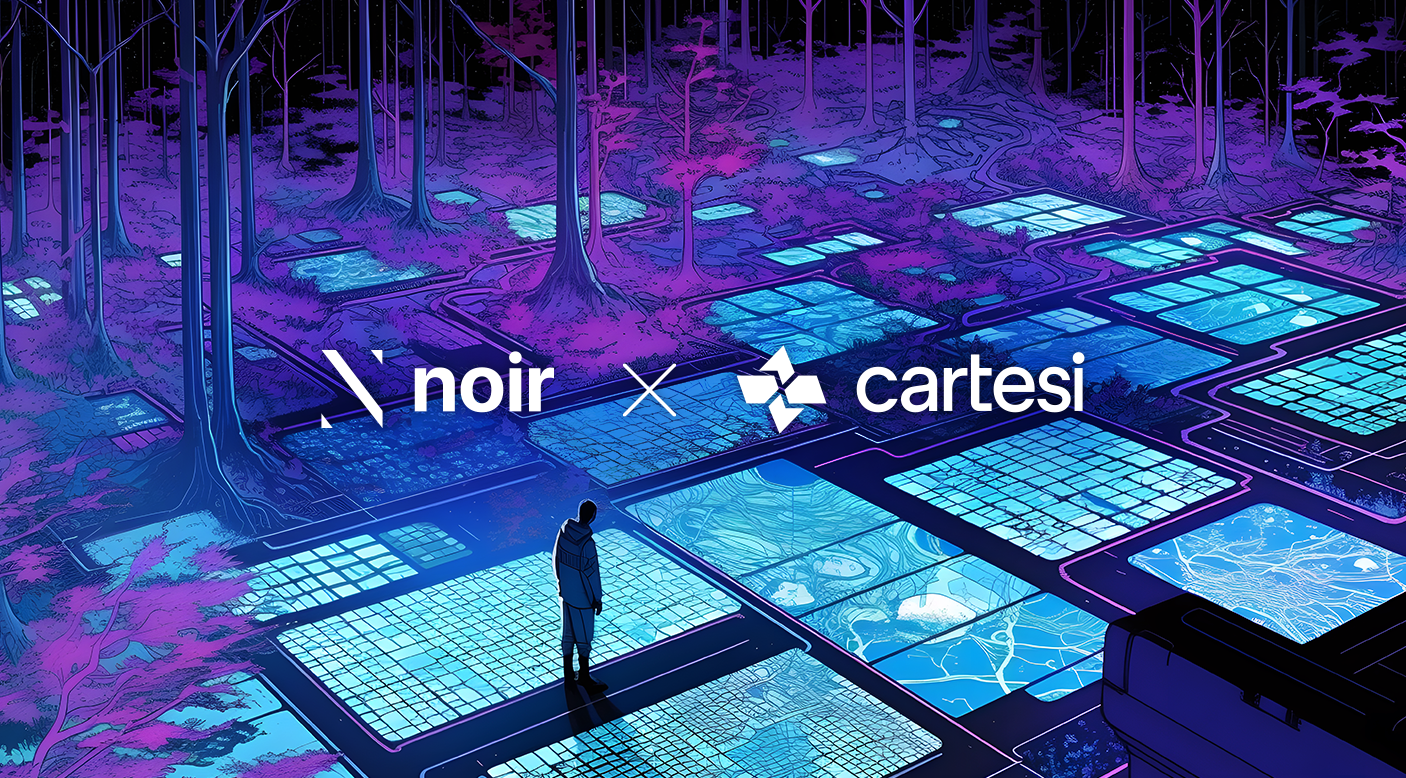Metaverse infrastructure will be used by myriad companies to upgrade workflows, improve collaboration and make processes more efficient. Around the globe, these technological primitives will also have sizeable impacts to smaller economies. Three set to see rapid growth as the metaverse approaches are the creator economy, the data economy, and the nascent crypto market.
Peer-to-Peer Powered by Crypto?
Despite a serious slump in global financial markets—and especially in crypto—the nascent digital cash economy is expected to see pretty big upturn with the onset of the metaverse. To facilitate an open metaverse, free from the intervention of big tech companies, governments and greedy fatcats, a peer-to-peer transfer system for cash and digital assets will be needed to fill the gaps and meander around third-party interventions. Crypto and NFTs are expected to take up these reins, hopefully also boosting the interoperability of vastly different virtual worlds and chains.
The rise of NFTs and digital cash could also have seismic impact on the creator economy. With short-form content and User-Generated Content (UGC) on the rise due to platforms like TikTok and Roblox improving user freedom and monetisation methods, it’s natural that people might begin to make more use of NFTs to create and sell their content on the blockchain. These transactions would be faster, simpler, and enable the purchaser a claim to ownership.
Currently, NFTs and crypto are largely speculative stores of value, with major currencies Bitcoin and Ethereum remaining highly correlated with risk assets. As we move towards the metaverse, there’s a good chance this could change.
Generating the Future of Content Creation: UGC
The rise of social media and content platforms has created not just new jobs, but a new economy—the creator economy. Content creators specialize in creating user-generated content. Whether this is artwork, educational, or entertaining material, creators have made their names on websites like YouTube, Twitch, and TikTok. However, these major companies can in some cases have predatory monetary models, taking large percentages of creators’ hard-made earnings. Even TikTok is an oft-cited threat to US national security, potentially being used as a tool for data farming by the government of China.
In an open metaverse, many are hopeful this could change. The decentralization and ownership afforded by blockchain technology and NFTs could vastly improve UGC creation and distribution. Instead of going through a third-party platform with high fees, strict terms of service and ownership restrictions, creators will send their works directly. They’ll have more control over what they produce, how they can monetize it, and maybe even how it might be used.
Taking Back Control in a Decentralized Data Economy
In an ideal world, the decentralized open metaverse will also allow users to have more control over their personal data. Similarly with UGC, the rise of social media and big tech has turned personal and private information into a commodity—ready to be bought and sold to the highest bidder. Decentralization should minimize the power of major corporations, which also means users will be able to control what information they give, how it get’s used, and perhaps even profit from selling their own data—as it should be.
The advent of blockchain is again expected to play a part here, and some Web3 projects are already building solutions to enable users to sell their own data for a profit, instead of a third party reaping all the rewards. Future financial institutions might then be able to make use of customer data to create new and personalised financial products in more immersive virtual worlds.










